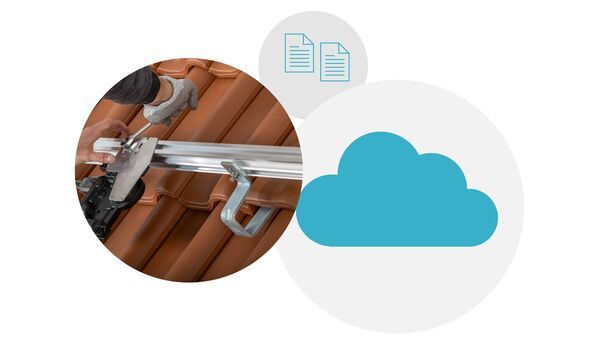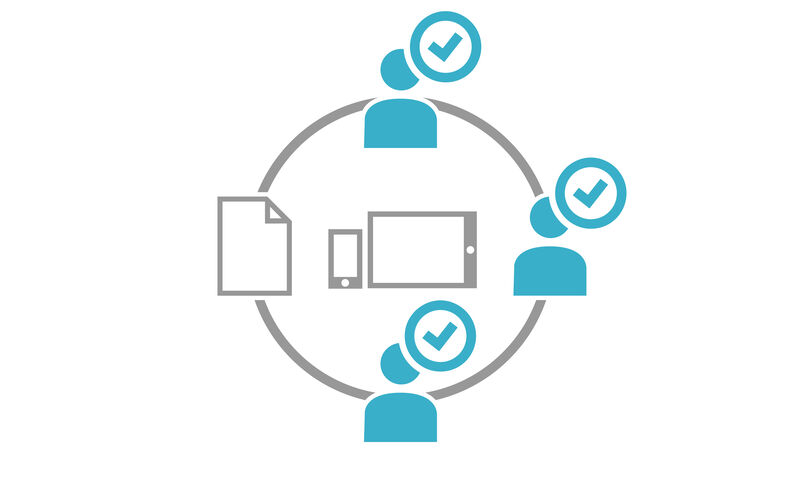You want to get to know our software better? Then arrange a non-binding live demo!
Digitalisation in Accounting
Milestones and stumbling blocks
KPMG has continued its study "Digitalisation in Accounting" and published it in the new edition 2022/23. The survey of 300 participants from companies in the countries of Germany, Austria and Switzerland looks at the technologies that can play a role in accounting and provides information on the respective degree of implementation.
Homogenisation of system landscape
The study sees the homogenisation of the system landscape, e.g. through standardisation of the ERP landscape, as the top topic. According to KPMG, 32 per cent of the companies surveyed have standardised their ERP landscape, and another 32 per cent have implemented homogenisation at least in part. In-memory databases such as S/4HANA continue to play an important role. However, there is still a lack of implementation, even though steady progress has been made in recent years. So far, 16 percent of the companies surveyed are already using in-memory databases such as S/4HANA in their day-to-day business, and another 15 percent have implemented initial pilot projects. A roughly equal proportion of companies (32%) are planning a migration or discussing a migration project. For the remaining 37 percent of companies, a change is currently not an issue or the added value of the in-memory database is not seen.

The reasons for this hesitant implementation are likely to be manifold, but respect for the high time and resource expenditure plays a decisive role. The example of Creaton shows that the change to S/4HANA - at least for digital invoice processing - can also run quickly and smoothly. The implementation of automated invoice processing on S/4HANA in the private cloud succeeded exactly in the required time frame.
Paperless accounting
Paperless accounting is still at the top of the list of priority topics for digitisation in accounting. 60 percent of the companies have already implemented this completely or in parts.
In the best case, they use a uniform infrastructure throughout the company for the automated processing of incoming invoices and thus simultaneously fulfil the above-mentioned requirement for a homogeneous system landscape. A best-practice example is provided by the company Continental, which has implemented a standardised solution approach across all company divisions.

The digitalisation of processes in accounting is a prerequisite for enabling employees from this area to work from their home offices. A vital option in times of pandemic, as the example of the Magura company shows. And at the same time, it is a way to significantly advance the speed of invoice processing and to ensure considerable increases in efficiency in financial accounting.
Digital workflows
One building block is the standardisation of workflows, without which, for example, the automated processing of incoming invoices can hardly be realised. Accordingly, this topic ranks high on the list of issues that companies have dealt with according to the KPMG study: 55 per cent have realised projects on this in whole or in part in the past year. In the best case, these projects are based on in-memory technology, as at Ricola - and thus ready for the future.